A Box of Free Books at the South Pole
This month, Rheta brings her dreams of being a Little Free Librarian to Pass Christian and sets up shop on Second Street. Stop by and check it - and a book - out!
- by Rheta Grimsley Johnson
The book-lovers’ program began in 2009, and now there are more than 20,000 “branches” around the world. I figured my home in the hardwoods near Iuka could sure use one. Up there, the nearest good bookstore is in Tupelo, over an hour away. I envisioned a line forming at the book stall and winding its way to the nearest marina. Surely lake campers need something to do beneath their Coleman lanterns.
So about two months ago, in anticipation of all the four-wheelers and golf carts that roar by on Independence Day, I made my own Little Free Library. You can buy one ready-made from the website (littlefreelibrary.org), but I had this old teak drawer from a sailboat and another life and decided I could use it as the foundation to build my own library. Eventually I used that drawer, the tin top from a rotting birdhouse, a picture frame, Plexiglas and lots of glue. Some of the libraries registered online are amazingly clever, designed to look like travel trailers, lighthouses, barns, even Frank Lloyd Wright-ish houses. Mine is nothing like that. But, so far, it’s held the rain off the books, which is the main point. About the time I situated the library near the road in a conspicuous place, I was called out of town on a family emergency. My neighbor Terry had to become head librarian. He agreed to add more books as our stock became depleted. Which, I anticipated, would be the first weekend. I phoned home to check. A few times Terry reported cars and trucks and off-road contraptions slowing down to check out the alien sight at the edge of the woods. But business was slow. Shall we say crowds did not gather? “I took National Velvet,” Terry said helpfully. When I returned and inspected the stacks I missed maybe three books. I knew from an email that a couple from Vicksburg had driven up to sample our area’s barbecue and somehow found the library that, by this time, I’d described in a column. So apparently my only library patrons were from about 300 miles away, best I can figure. The Little Free Library folks tell you to put the box on a post like a rural mailbox. I left mine on a table, the better for moving if the site proved inactive. The site proved inactive. I guess what I’m doing now is conducting an experiment. I’ll be able to tell now if people in the Pass like to read more than people in my hollow. It will only take the movement of three or four books to prove this true. In fairness, my place in the North is off the beaten track. It’s so far in the boonies that cell phones don’t work there. Maybe it’s expecting too much to lure campers and fishermen to a book stall. My dreams of being a pioneering bouquiniste in Tishomingo County were shattered. Gone South, if you will.
Rheta's books are available at Pass Books and Bay Books, as well as through national booksellers.

Rheta Grimsley Johnson is a 40-year veteran of southern journalism and author of several books. She has worked as a columnist for newspapers in Memphis and Atlanta and today is syndicated by King Features of New York.
She writes original monthly essays for The Cleaver from her home across the bridge in Pass Christian where she spends roughly half of each year. The rest of the time she lives in Iuka, Miss., in an old farmhouse in a cold, dark hollow. Comments are closed.
|
Categories
All
Archives
July 2024
|
Shoofly Magazine Partners
Our Shoofly Partners are local businesses and organizations who share our mission to enrich community life in Bay St. Louis, Waveland, Diamondhead and Pass Christian. These are limited in number to maximize visibility. Email us now to become a Shoofly Partner!

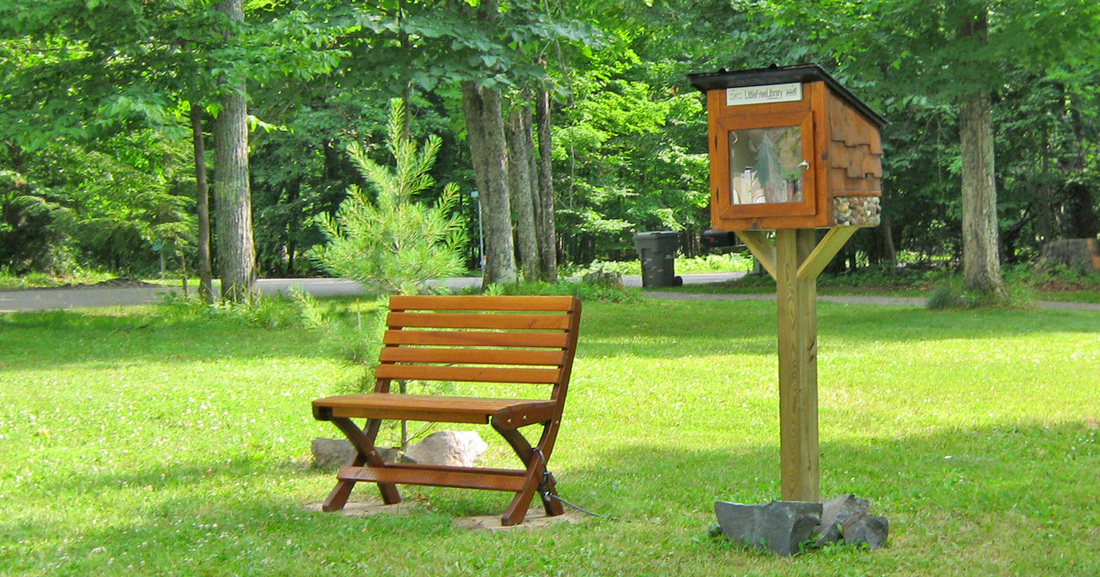

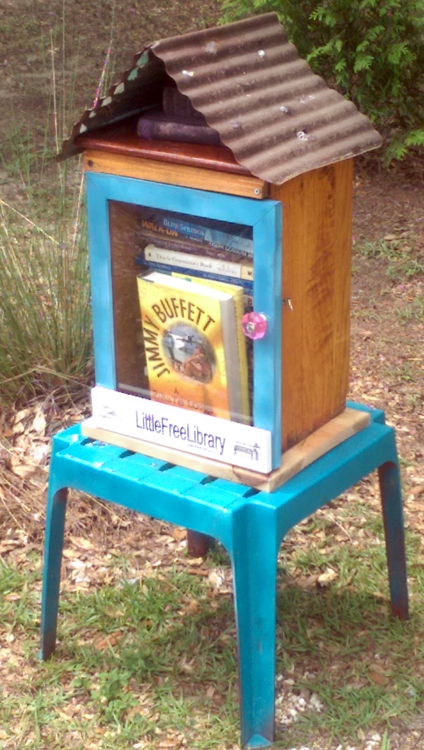
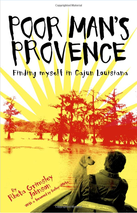
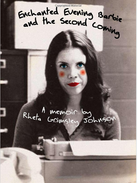
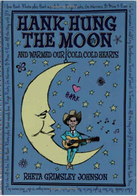


























 RSS Feed
RSS Feed























